Canada’s Green Party has voiced its opinion on bottled water by asking the federal government to avoid its purchase wherever possible, citing environmental and economic reasons.
A recent report by the Polaris Institute and the Canadian Union of Public Employees (CUPE) Nova Scotia states that the Canadian government has spent over $7.2 million to purchase bottled water over the past three years. “It is not right for the government to spend public money on bottled water when there are many Canadians who still do not have access to safe public drinking water in their communities,” said Green Party of Canada natural resources critic Amy Collard. “Unless the bottled water is absolutely necessary, it would be much better to spend this money on improving public access to safe, clean tap water.”
The Polaris/CUPE report says that with the amount of money spent on bottled water, the federal government could have paid for 2,918 indoor or 584 outdoor water fountains or could have upgraded a water treatment plant in a First Nations community. According to Indian and Northern Affairs, $3.3 million was spent supplying First Nations reserves with bottled water. Collard says the government would be better off investing in Canada’s water infrastructure.

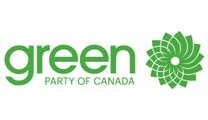
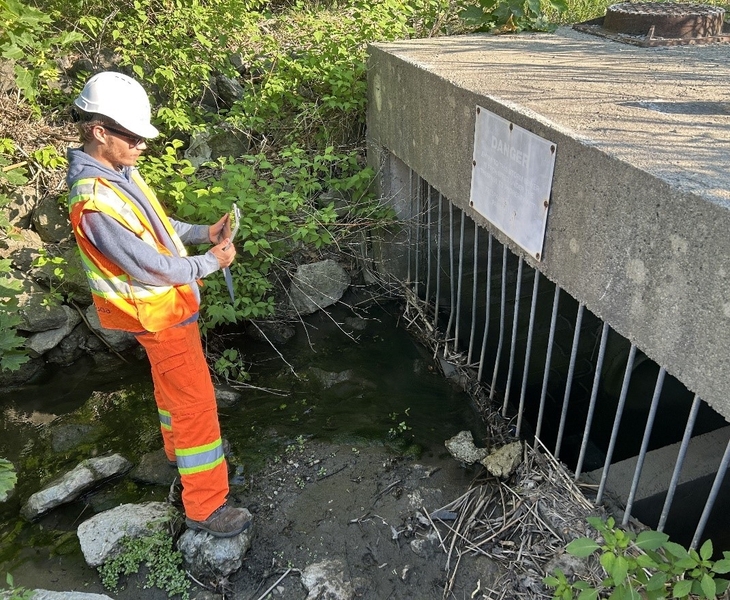
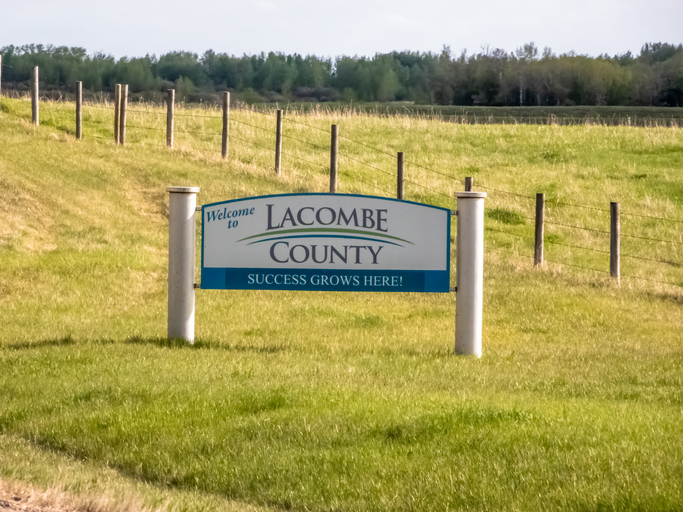

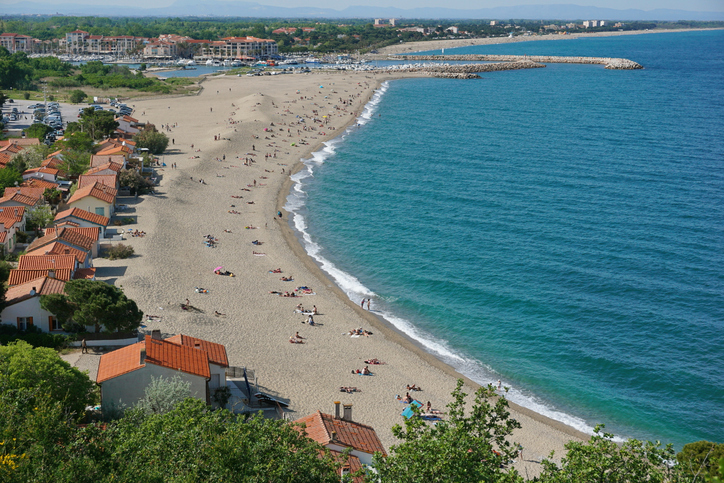
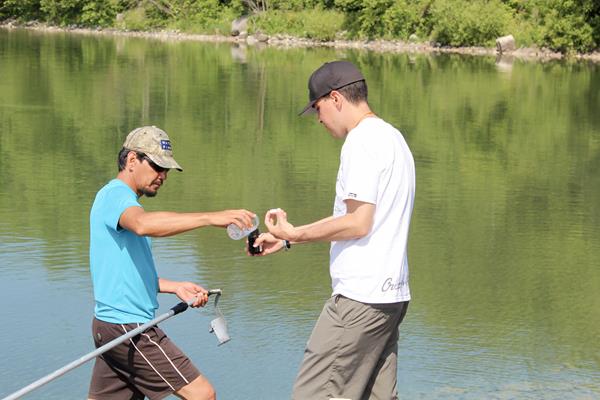
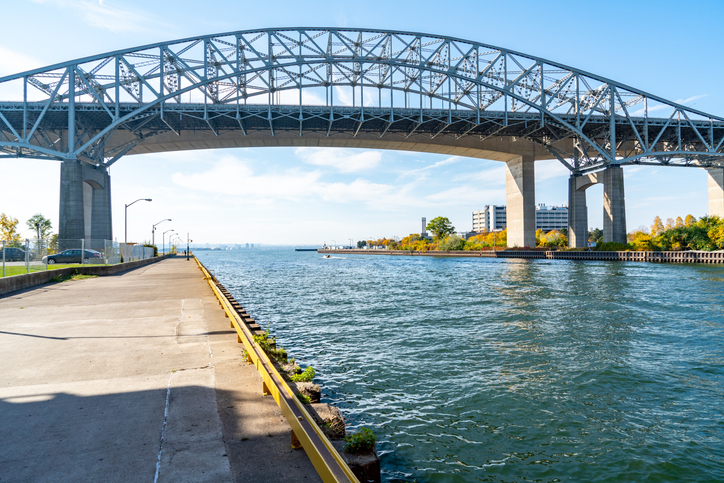


Personally I think it is better to drink bottled purified water (UV’d,RO’d distilled,…) than tap water which has been shown to contain upwards of 80+ toxic components which conventional water treatment plants cannot take out. I realize that plastic bottles are an issue of themselves but and I don’t agree with plastic but at the very least it is also better to drink pop and other drinks which are allowed to be sold in plastic bottles? By preventing water from being sold you are encouraging people to drink other liquids which are not as good for a person, i.e. cola. If you are going to stop the ability of water to be sold in a bottle, then all drinks sold in plastic bottles should be banned – not just water, AND we should be given purified water to drink out of the tap, i.e. RO’d, UV’d, distilled,… I can take a few vitamins to counteract the mineral deficiency. Personally I don’t like the idea of drinking all of the contaminants which have been allowed to be put into our water (on purpose as with Flouride and Chlorine) and conventional water treatment does not take them out. Which is the lesser of the evils? Drinking contaminated drinking water from our tap or drinking purified water from a bottle (preferably glass)?
Kathleen”s perspective is partially valid regarding the bottled water issue making its rounds across Canada. The problem is multifaceted. First, single use plastic bottles are portable, unbreakable when compared to glass, and hygienic. All ideal traits for busy people who choose clean water as a beverage.
Bottled waters contain variable fluoride content. Label concentrations vary from 0.0ppm to 1.5ppm (the maximum allowed for tap water). If bottled water is needed to make fluoride free infant formula (recommended by Heath Canada) or is the only choice for fluoride sensitive (dialysis, hypothyroid or diabetes) consumers then it should not be banned from communities that continue artificial fluoridation unless fluoride free supplies are available.
Once bottled, water absorbs residues from its “plastic distribution pipe” especially if the bottle has been exposed to sunlight or heat sources. Bottled water is generally a few weeks to months old when used, in contrast to tap water consumed 1-2 days after treatment. However, bottled water is always welcomed after a disaster.
Many bottled waters are sourced from municipal supplies where chlorine based disinfectants are removed and the water is then subjected to ozone or UV disinfection before bottling. All disinfection processes create byproducts when organic carbon compounds are present during disinfection. Some bottlers choose to adsorb organic carbon compounds from the source water prior to disinfection. Processes like reverse osmosis and distillation require high energy inputs and produce effluent streams from their use. So consuming bottled water has a large carbon footprint.
Lastly, consider waste management. Single use bottles pile up in landfills and recycling depots. The handling cost is hidden in municipal levys.
So is bottled water bad to consume? Should it be banned? Is it better than tap water? The answer depends on your perspective. No single answer is correct or false. Likewise no banning policy is correct or false.
Bottled water isn’t the culprit nor are single use plastic bottles. The key is an educated consumer, one who understands that bottled water is needed for some and is a wasteful practice when mass marketed for all.
Economics drive consumer decisions. Rather than an outright ban, municipalities should charge commercial water rates to bottling companies, tax single use bottles and supply fluoride free drinking water.
Peter Van Caulart, Director
Environmental Training Institute